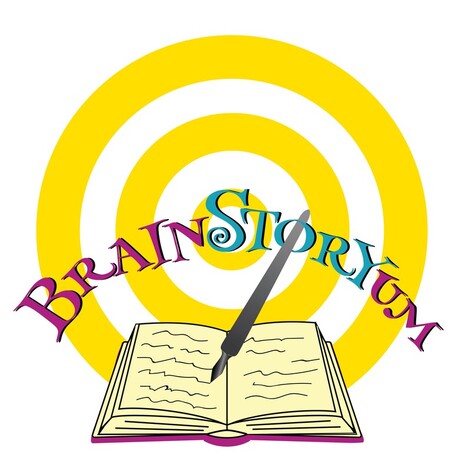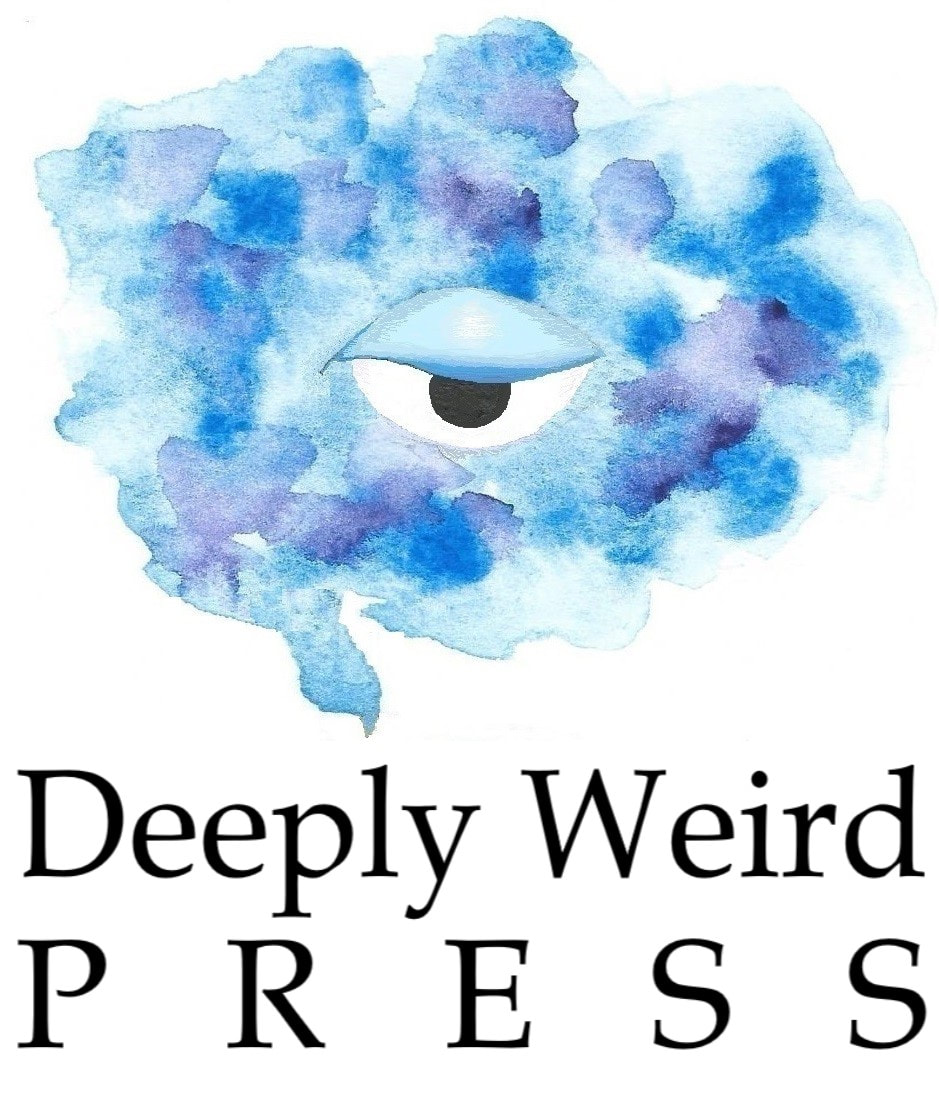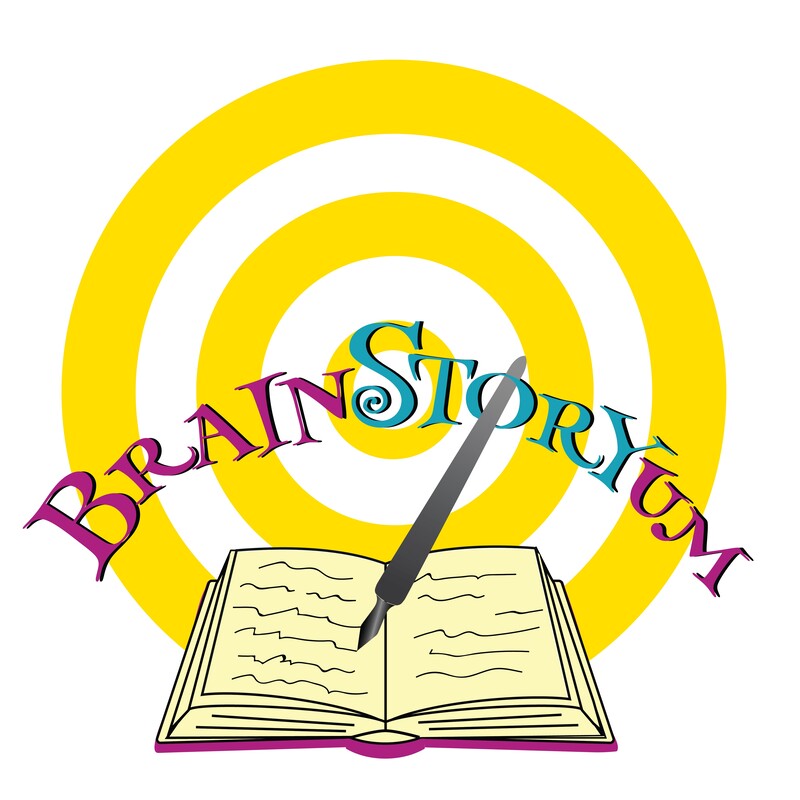Today’s show explores the use of first person narrative, with examples from Anna Tizard’s upcoming collection of short stories.
|
|
What readers are sayingReview of The Empty Danger: 5.0 out of 5 stars |
Contact |


